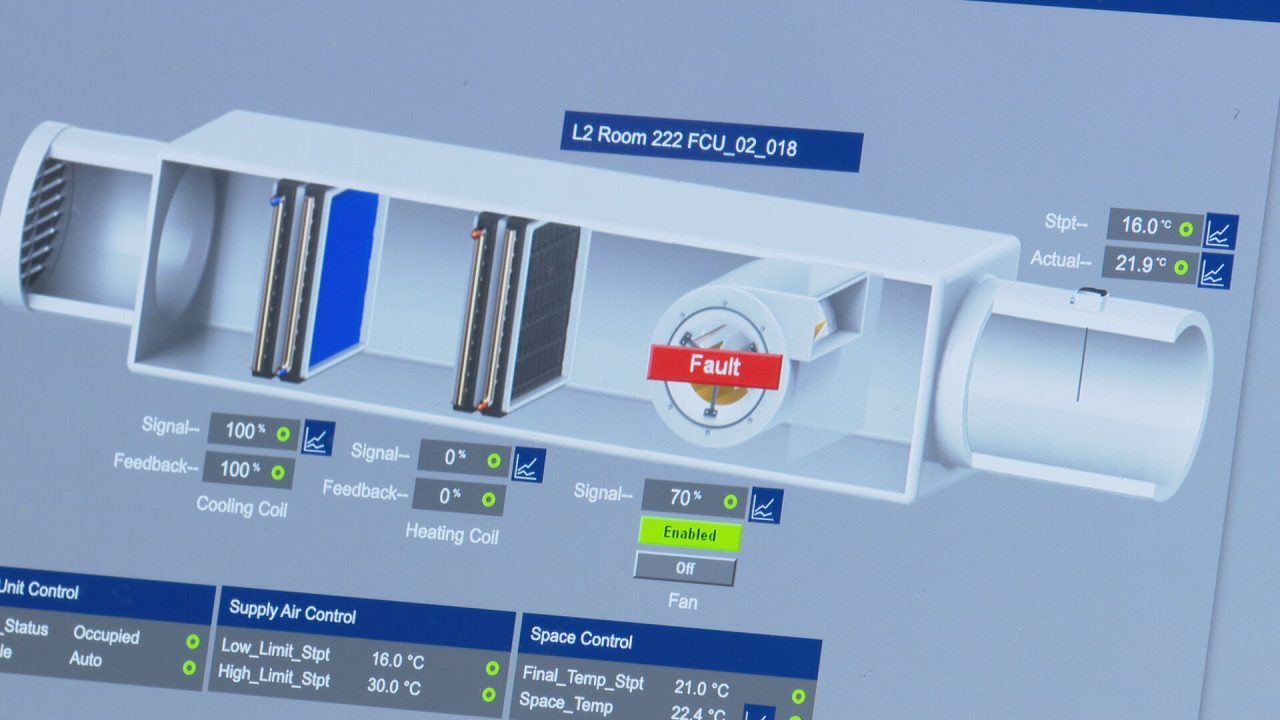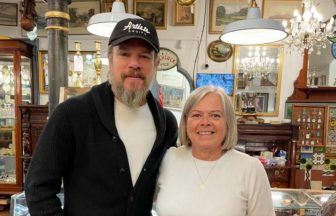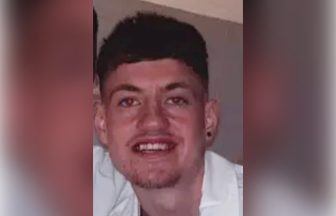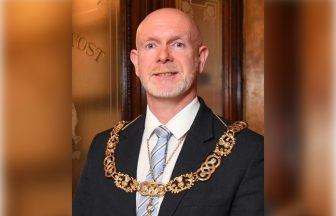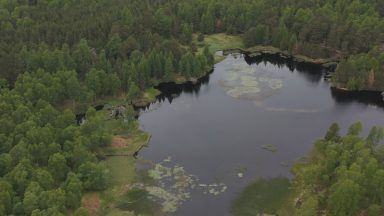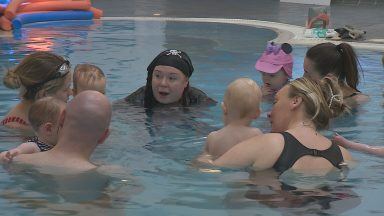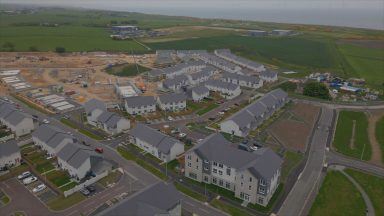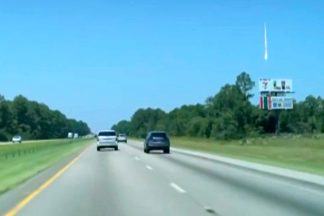Two Scottish Universities are to be at the heart of a project looking to decarbonise transport around the country.
It will be centred around the design of virtual versions of cities such as Edinburgh and Glasgow.
These “digital twins” will allow academics to test measures on Scotland’s roads, railways, waters and airways, due to the difficulty in carrying out full-scale trials and tests in the real world.
The technology could also be used to find the best ways to tackle a traffic jam, how to optimise the shipping and movement of freight, as well as giving the public advice for travel during adverse weather.
The Transit Hub, a new national initiative focused on rapidly decarbonising transport in the UK, has secured £46m from the UK Government and almost 70 partners.
Heriot-Watt University in Edinburgh and the University of Glasgow are two of eight institutions across the UK involved.
Professor Phil Greening from Heriot-Watt, a logistics expert and joint director of the Transit Hub, told STV News: “We have to do many experiments in a short space of time – we just simply can’t do it in the real world anymore.
“Now we need to do these digitally, and we will design the future decarbonised transport system based on those digital experiments.
“We can make mistakes, we can afford to fail with our experiments and we can learn from them and we can carry out many, many experiments at no cost.”
Professor Greening added: “We start by building individual models of real-world transport systems. These can then be connected together and linked to the real world to give a bigger picture of what our future decarbonised transport system might look like – and the lowest cost way of getting there.”
The University of Glasgow’s advance research centre already provides a smaller scale of example of how a digital twin works.
A virtual model of the building is available to management which allows real-time monitoring of systems like air conditioning. This means changes can first be made on the model, which then gives an idea of what impacts and benefits there could be in real-life.
Professor David Flynn, a professor in cyber physical systems at the University of Glasgow, said: “We will explore how digital twinning can improve the design of future transport solutions, to ensure services are accessible to all.
“It’s challenging for designers and engineers today to appreciate the perspective of citizens with mobility challenges and what they experience throughout the full journey. If we can create and embed new design principles, we can identify equitable pathways to decarbonisation.”
Professor Flynn, who is a joint director on the project, said passengers could benefit from a “personalised digital twin assistant”.
He added: “This is similar to how your Netflix or Amazon account learns your preferences, and will build an understanding of your mobility needs, journey requirements and personal preferences,” he added.
“The digital twin assistant will then offer near to real-time journey options that are end-to-end and that best fit your needs.”
Follow STV News on WhatsApp
Scan the QR code on your mobile device for all the latest news from around the country


